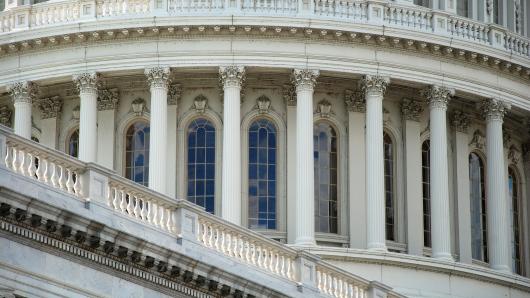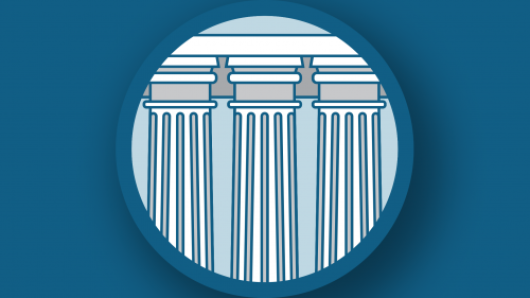Course description
A republic, if you can keep it. So did Benjamin Franklin characterize his hopes for American government. What did Franklin and others mean by republic, and why did he and so many others worry that it might be something hard to hold onto? This course provides the theoretical basis and historical evolution of republics so that students can understand the American system of a democratic republic, now spread widely around the planet even as it is considered under threat. Students read Alexander Hamilton alongside Thomas Jefferson, Niccolo Machiavelli alongside Baron de Montesquieu, and Angelina GrimkÈ alongside Frederick Douglass. We consider systems of governance in Republican Rome, medieval Europe, early modern England and France, Native American nations, and the United States. The thinkers and founders we read thought long and hard about what freedom is, how to balance executive and legislative power, and why republics and democracies can be unstable. As a democratic republic, the United States places great faith in the capacity of voters to choose their rulers, who in turn make most of our policies. Is this faith misplaced? What is the role for virtue in a republic, and what is virtue? How does inequality undermine republican stability, and what might be done about it?








